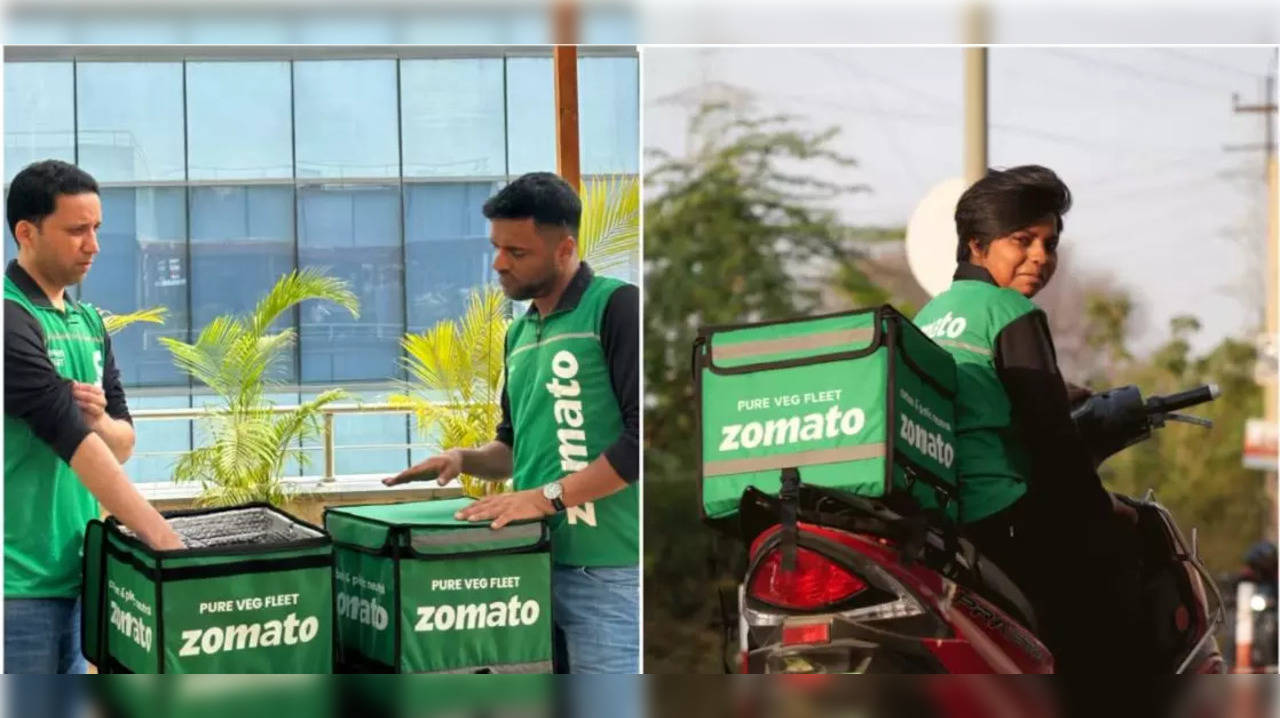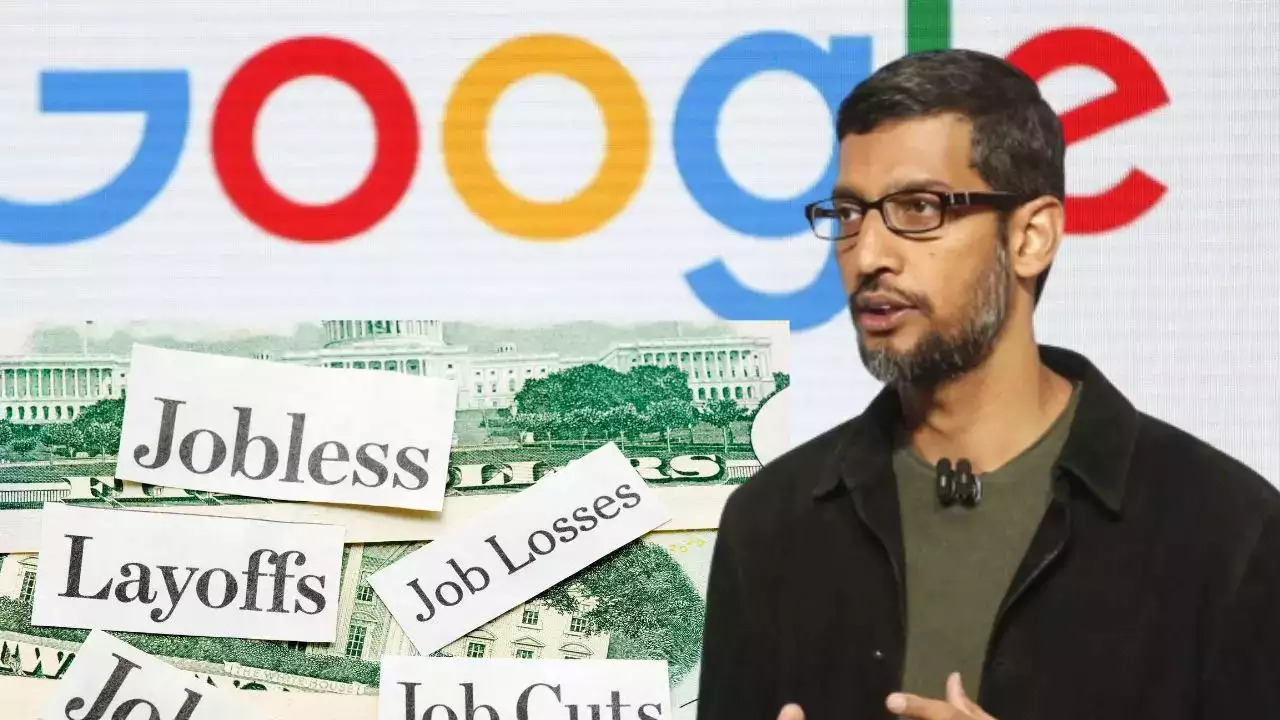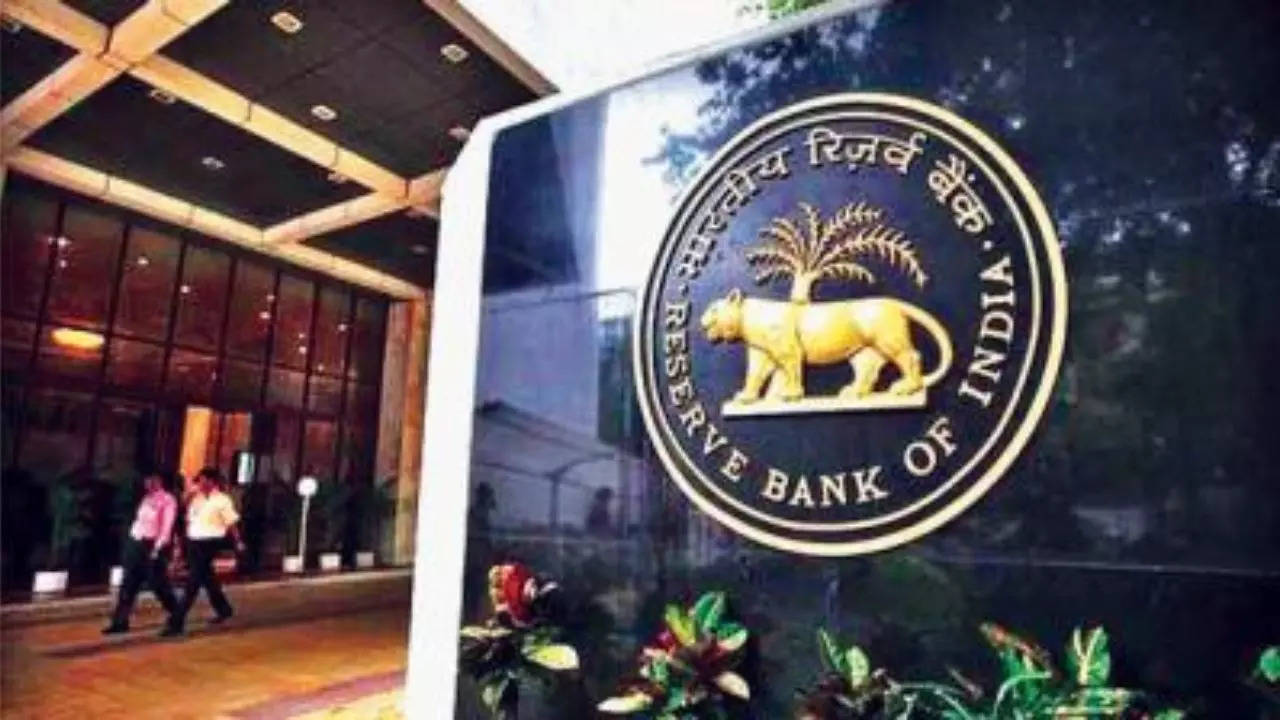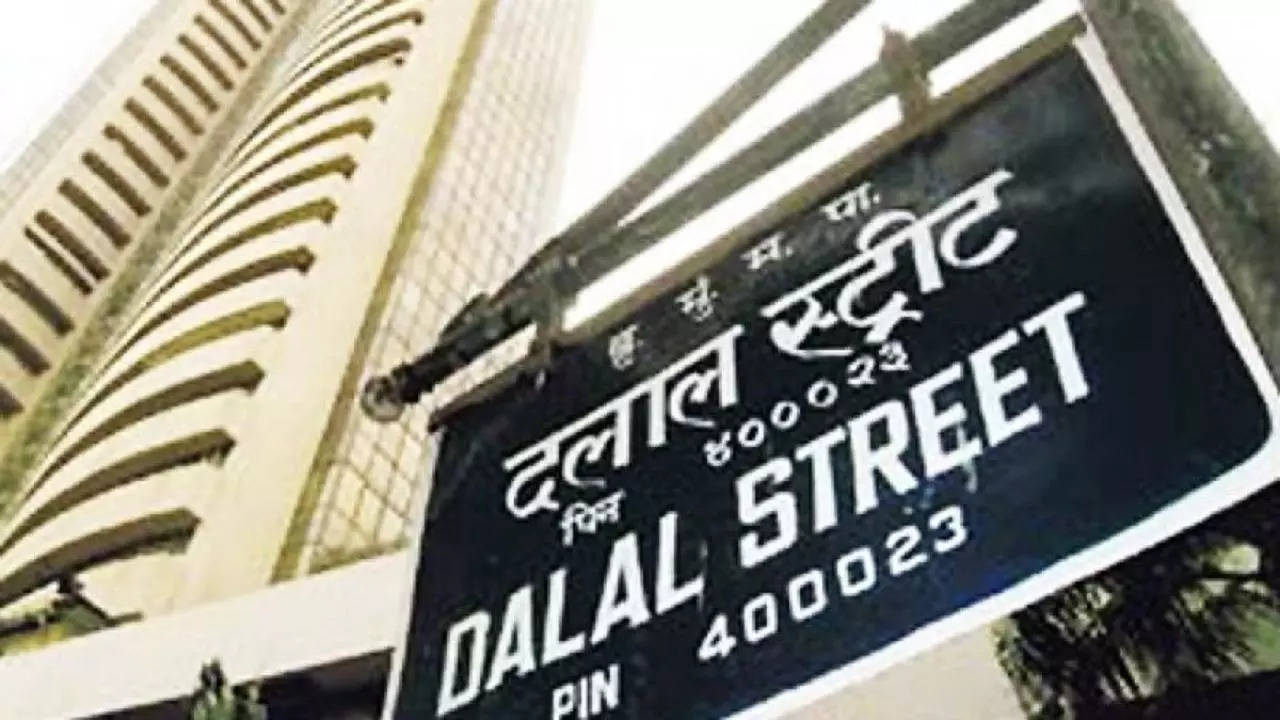

Zomato landed in a controversy when the CEO announced the launch of its green-branded ‘pure veg’ fleet for customers.
New Delhi: Food delivery platform Zomato received widespread criticism after it launched ‘Pure Veg Fleet’ to cater to vegetarian customers who are apprehensive about how their food is handled by riders and restaurants. The move did not go down well with a lot of people and the company had to roll back the decision as some called it ‘discriminatory’.
Speaking about the controversy, CEO Deepinder Goyal said he did not expect the backlash given that 72% people preferred veg-only delivery.
Deepinder Goyal explained Zomato’s “pure veg” fleet launch saying that it was prompted by market research in which over 1,600 respondents expressed a preference for veg-only options, the Economic Times reported.
He said, “We did a large survey of people who are more than 50 years old. An overwhelming majority said they needed a veg-only option and preferred veg-only restaurants. It was a large customer segment… So, we launched it. We had not expected such an uproar. The survey had 1,600 (people) and about 72 percent of people said that they wanted veg-only delivery.”
Deepinder Goyal said that Zomato did not anticipate any backlash and was taken aback by the negative feedback.
“We had done our base work and surveys. We were expecting a little bit of noise. About 80 percent of the reactions were positive while 20 percent was negative. And 20 percent is a lot. We have been through such times,” he said.
What Was Zomato ‘Pure Veg’ Controversy?
Zomato landed in a controversy last week when the CEO announced the launch of its green-branded “pure veg” fleet for customers. The decision received mixed reactions, including heavy backlash on social media. People levelled castist accusations and raised privacy concerns around food preferences.
Within a day, Goyal announced that Zomato was rolling back the “green branding” for its new “pure veg” fleet and renamed the service as “veg only”.
“In India, many non-vegetarians turn vegetarian during festivals or rituals. That’s how the country has always been. But food often gets politicised. People in our friends’ circle who have gone on meditation retreats have come back saying they will be vegetarians from now on. It’s a deeply spiritual thing. They don’t want to hurt anyone. It’s the principle of nonviolence rather than anything to do with religion or caste,” he added.




























